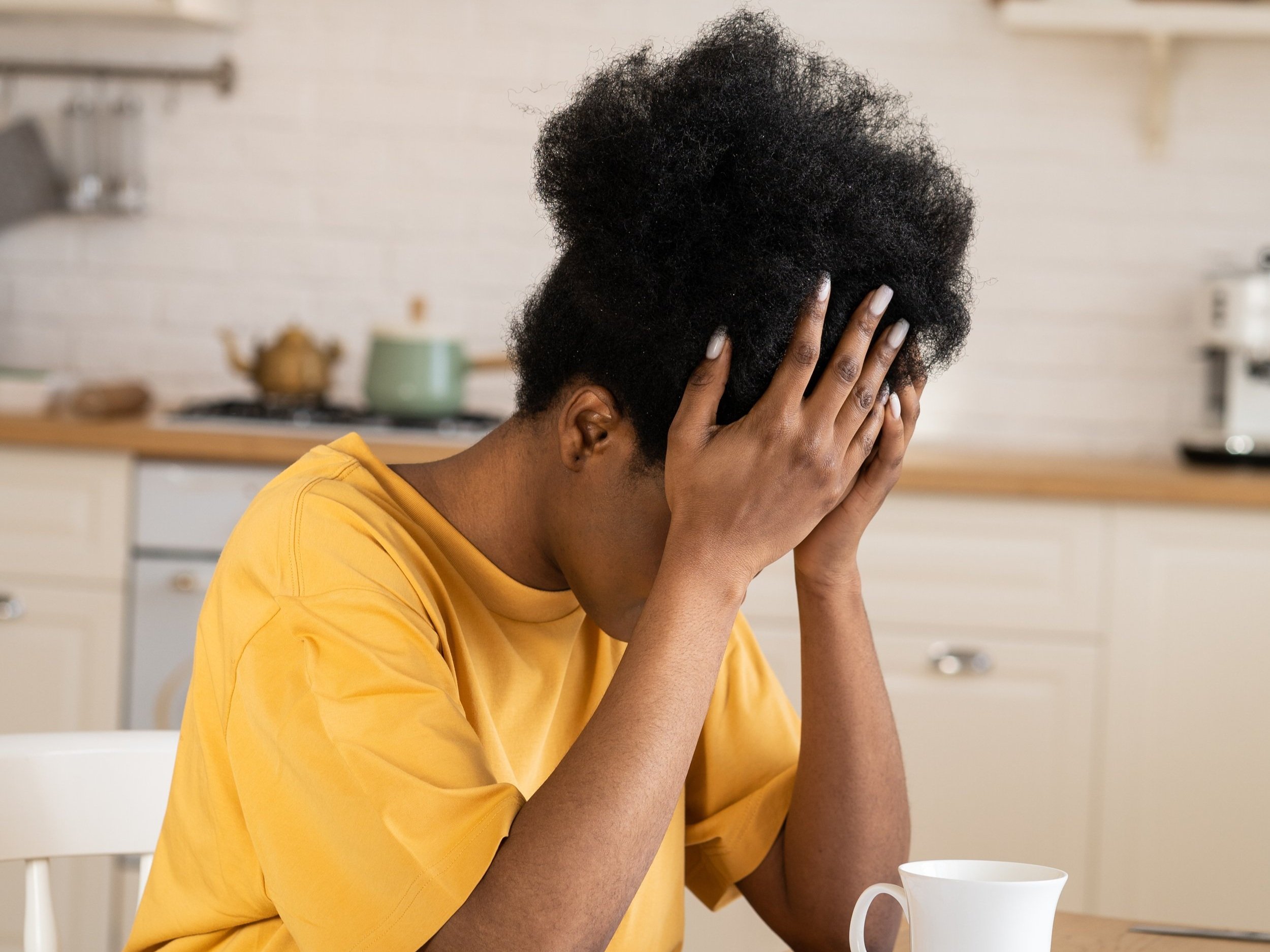Black Infertility: Am I the Only One?
“You are the only Black woman I’ve ever met who has done that.”
We all do it every time we enter a room, the scan; every person of color knows it. We enter a space looking for another one of us. The scan happens in nearly every space, including the fertility clinic; and most of the time, without a doubt, you are the only one.
The experience of being the only is not a new one, however this is the fertility clinic; it’s not your place of employment, a restaurant, the theater, or a formal event. This is the fertility clinic. It’s a place that induces anxiety, fear, shame, embarrassment, and isolation; one would have hoped that here you would find at least one other to help confirm that you are not the only one. Your body cannot possibly be the only Black body that fails to function as it should; but the scan around the fertility clinic confirms that it just may be.
You had your suspicions even before you mustered up the courage to walk through the fertility clinic doors. You failed to see Black faces and Black bodies on any of the fertility clinic websites. Black sperm donors, egg donors, and embryo donors are barely available. You have rarely, if ever, heard the topic of fertility discussed within your family or your community. Societal stereotypes tell us that Black bodies are hypersexual, and ergo hyper-fertile; so, then you cannot help but wonder, what is wrong with my body?
The thing that is wrong, is not your body, but the information about Black fertility that we have been conditioned to believe. Negative stereotypes about Black hypersexuality and the hyper-fertility of the Black welfare queen have led us to believe Black bodies are not subject to fertility challenges. But one must question, how could that be? How is it societally assumed that Black women rarely face fertility complications when they are 80-90% more likely to develop uterine fibroids?[1] How can we assume that Black women are hyper-fertile when the Anti-Müllerian hormone (AMH), the marker for ovarian reserve, is 25.2% lower in Black women when compared to White women?[2] Black women are disproportionately affected by Polycystic Ovarian Syndrome (PCOS)[3] yet society continues to disbelieve the Black woman that reports that she is struggling to conceive.
So, no Sis, you are not the only one; there are many of us. There are many of us whose concerns get dismissed in the doctor’s office because Black women are often left out of medical research. There are millions of us that suffer in silence because of a history of racism and the assumption that we truly are the only one. You may be the only one in the fertility clinic, you may be the only sharing your struggle, and you may be the only one in your family or community; but that is no reason to feel embarrassed or ashamed. You are not the only one; there are millions of us.
[1] USA Fibroid Center (https://www.usafibroidcenters.com/blog/are-african-american-women-more-likely-to-get-fibroids/
[2] Kotlyar, A.M & Siefer, D. Ethnicity/Race and Age-Specific Variations of Serum AMH in Women – A Review. Frontiers of Endocrinology, Vol 11 -2020 (09 February 2021). https://www.frontiersin.org/articles/10.3389/fendo.2020.593216/full
[3] Resilient Sisterhood Project: A Window Into Women’s Reproductive Health and Wellness. https://rsphealth.org/pcos/


